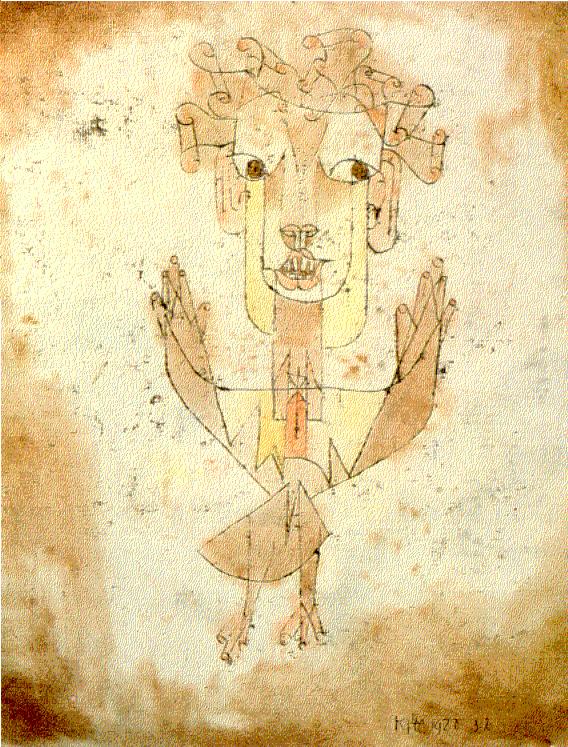regular history is inherently multi-disciplinary. "deep history" is an academic buzzword, a way of claiming academic space.
it's been a long time since history proper was primarily limited to written texts. archaeology has been hugely important for over a century, linguistics and philology for longer than that. as new scientific techniques (radiocarbon dating, advances in genetics, etc) become available, people make use of them when appropriate.
it depends what kind of history you're concerned with. different things will utilize different types of sources.
in terms of scale there's also a point of diminishing returns, tho again it depends on your goals. as we can see here it is easy to slip into "everything is everything" rambling. the same thing can happen with an academic veneer.
"removing subjectivity" from anything, including the process of understanding the past, is impossible
the idea that if we "get really smart" we can account for our subjectivities within our understanding of evolving structures or processes is also a fantasy
in fact, such a belief would be historicism

